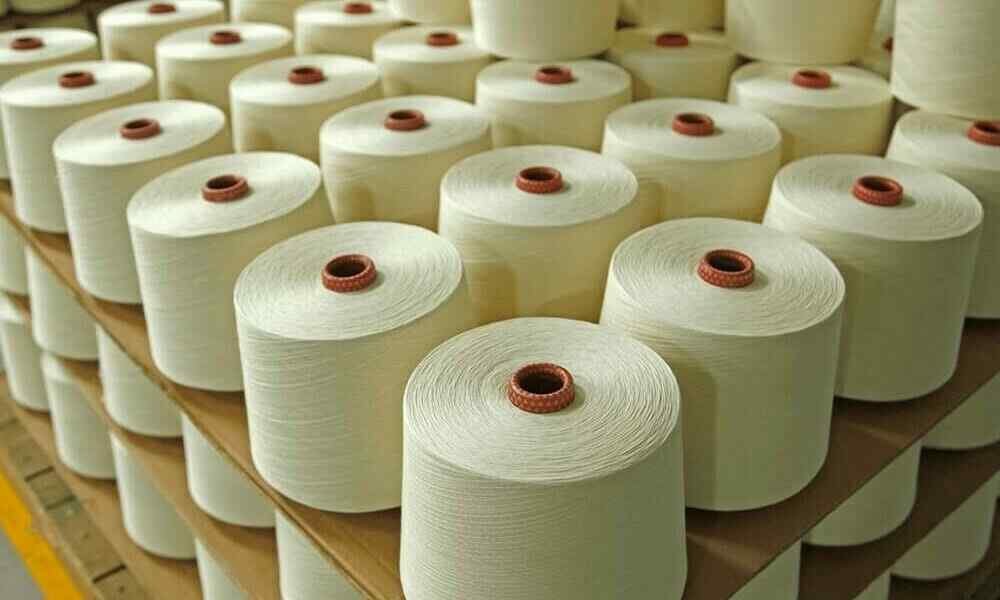Karachi’s Directorate General of Customs Valuation has issued fresh import valuations for Polyester, Viscose, and Acrylic spun yarns—along with their blends—sourced from China, Thailand, Indonesia, and Vietnam.
The move follows pressure from the Pakistan Yarn Merchants Association (PYMA) and other industry players, who argued that the previous valuation—set in December 2022—no longer reflected global market realities. Under Section 25A of the Customs Act, 1969, the old rates had remained unchanged for over a year despite significant shifts in international prices.
Why the Revision Was Needed
Importers told the Directorate that the consensus-based formula once used for yarn valuation was now outdated. A drop in import volumes and changes in raw material costs meant that the 2022 figures were out of sync with actual market conditions. Requests for an earlier revision had gone unanswered, leading to growing frustration among traders.
How the New Values Were Determined
Authorities considered using the Computed Value Method under Section 25(8) of the Customs Act, which calculates prices based on production costs in the exporting country. However, this method was ruled out due to a lack of reliable cost data from suppliers abroad.
Instead, officials turned to international pricing data from CCF Group for the key raw materials—Polyester Staple Fiber (PSF), Viscose Staple Fiber (VSF), and Acrylic Staple Fiber (ASF). Conversion costs for turning these fibers into spun yarn of various counts were then calculated using reputable industry publications. This formed the basis for the revised customs values for 100% Polyester and Viscose spun yarns.
The updated valuation is expected to bring customs assessments closer to prevailing market prices, a change industry insiders say was long overdue.

